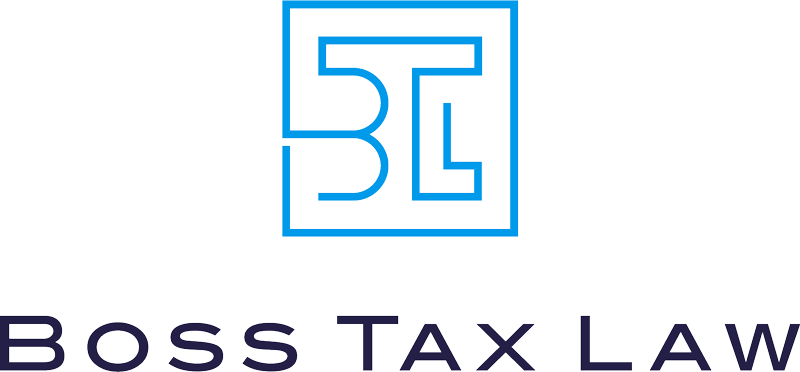What to Do If You Can’t Pay Your Taxes: Options for Resolving IRS Debt
If you’re facing a tax bill you can’t afford to pay, you’re not alone. Many individuals and businesses find themselves owing the IRS thousands—or even hundreds of thousands—of dollars and are unsure what to do next. This guide outlines your options for managing IRS tax debt, from paying in full to negotiating settlements.
Step 1: Assess Your Tax Situation
Before considering your payment options, it’s essential to understand the full scope of your tax liability. Request IRS transcripts to get a detailed view of your tax situation, including:
- Amounts owed (tax, penalties, and interest)
- Filing history
- Payment history
- Penalties that might be eligible for abatement
These transcripts may reveal opportunities to reduce your tax debt, such as penalty abatements or nearing the expiration of the IRS’s 10-year statute of limitations for collections.
Option 1: Pay in Full
If possible, paying your tax balance in full is often the best solution (if you can manage it). This approach halts the accrual of penalties and interest, which can add up quickly, especially with current high interest rates. While not everyone can pay their debt outright, it’s worth considering liquidating assets or securing a personal loan to settle your balance if feasible.
Option 2: Installment Agreements
If you can’t pay in full, the IRS offers installment agreements that allow you to pay your tax debt over time.
- Types of Installment Agreements:
- For debts under $50,000, agreements are relatively easy to secure and may not require financial disclosures.
- For debts over $50,000, you may need to provide financial documentation to determine your monthly payment amount.
- Partial Pay Installment Agreements:
If you cannot pay the full amount before the statute of limitations expires, you may qualify for a partial pay agreement. This allows you to pay a reduced amount until the collection period ends, with the remaining balance forgiven.
While installment agreements stop collection actions, interest and some penalties will continue to accrue.
Option 3: Offer in Compromise (OIC)
An Offer in Compromise allows you to settle your tax debt for less than the total owed. However, this isn’t a standard debt negotiation. The IRS uses a strict formula to determine eligibility, which considers:
- Assets and liabilities
- Income and expenses
- Ability to pay within the remaining statute of limitations
There are three main types of OICs:
- Doubt as to Collectability: You can’t afford to pay the full amount owed.
- Doubt as to Liability: You believe the tax debt was incorrectly assessed.
- Effective Tax Administration: Paying the debt would create an undue financial hardship.
If accepted, an OIC can significantly reduce your tax burden, but the process requires detailed financial disclosures and negotiation. Also, you’ll have to be able to pay the settled amount in full upon approval (or shortly thereafter).
Option 4: Currently Not Collectible (CNC) Status
If you’re unable to make any payments, you may qualify for Currently Not Collectible (CNC) status. Under CNC:
- The IRS suspends collection actions for a year or two.
- Penalties and interest continue to accrue.
- The statute of limitations for collection continues running.
CNC is a temporary solution, but it can be beneficial if your financial situation might improve or if the collection statute is close to expiring.
Option 5: Bankruptcy
Contrary to popular belief, some tax debts can be discharged in bankruptcy. However, specific criteria must be met, which include (not an exhaustive list):
- The tax debt must be sufficiently old.
- You must have filed your tax returns.
- There can be no fraud or tax evasion.
While bankruptcy may discharge qualifying tax debts, it’s a complex process and should be considered alongside other financial obligations.
Final Thoughts: Take Action Today
Dealing with tax debt can feel overwhelming, but understanding your options to pay or reduce your empowers you to take control. Whether it’s paying in full, setting up a payment plan, or negotiating a settlement, there’s a solution to fit your circumstances.
If you need help navigating your tax debt, please reach out. As a tax attorney and former IRS agent, I can guide you through the process, help you explore your options, and create a personalized plan to resolve your tax issues. Contact us today, and let’s take the first step toward financial freedom.
By addressing your tax debt head-on, you can regain peace of mind and move forward without the fear of IRS collections disrupting your life.
